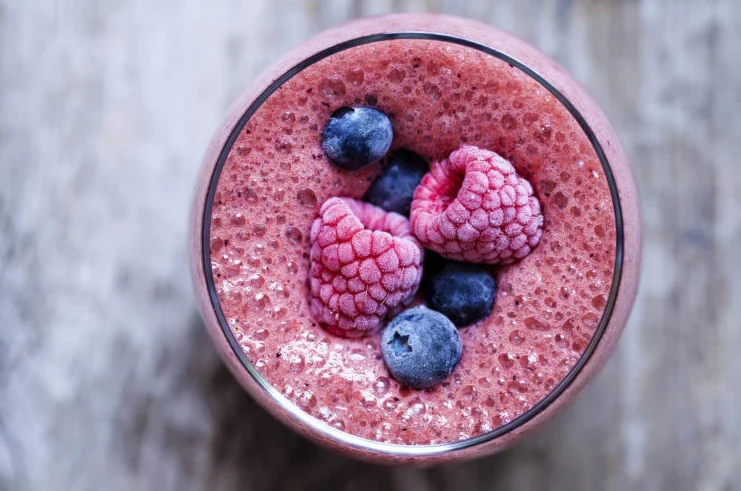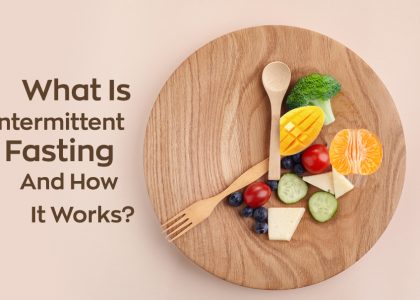We ingest toxins every day without knowing it. Over time, these can lead to bodily dysfunction and even disease. It is for this reason that it is recommended to detoxify the body from time to time, as these effects have a beneficial effect on the body and mind. Detox treatments last 3-7 days, but there are also detox treatments that last a month.
In this article, we’ll tell you when a detox treatment makes sense, which foods you should eat, and which ones to avoid.
Source of toxin
Toxins come from unhealthy foods, products with food additives, fruits and vegetables treated with pesticides, meat from animals treated with antibiotics and growth hormones. Likewise, running water, medicines, tobacco, alcohol, drugs, cosmetics and pollution are not good for our health.
What are the benefits of detox therapy?
Detoxing has important benefits:
- In the end you will feel energized;
- Intestinal transit is regulated;
- Improved mental state;
- the skin becomes cleaner;
- Vital organs work at full capacity;
- Increased immunity of the body;
- Cellulite decreases or even disappears;
- You’ll also lose extra kilos because the colon is cleaned out after the procedure, which is great.
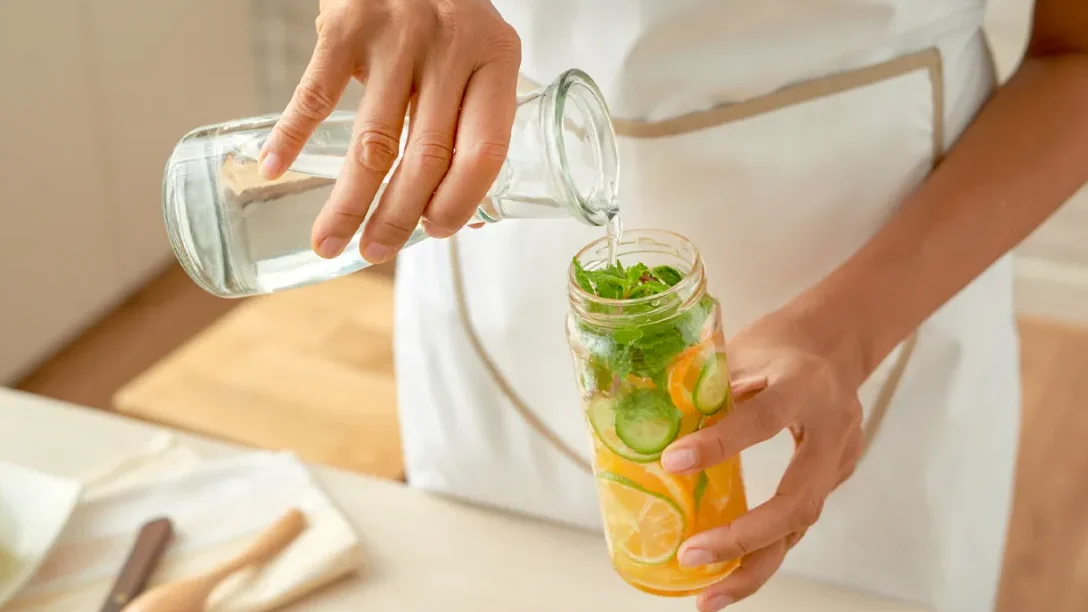
But most importantly, after a detox treatment, you will feel great physically and mentally, and your health will improve significantly, because detoxification means that the organs responsible for removing residues such as the liver and kidneys are destroyed, and the body gets the most work. ability.
Manifestations that make you think you need a detox
Here are the symptoms to get you thinking:
- Unreasonable fatigue;
- Headache;
- energy shortage;
- Insomnia;
- Transit disorders (bloating, diarrhea, constipation);
- black spot;
- acne;
- bad-smelling sweat;
- profuse sweating;
- irritability;
- Fear.
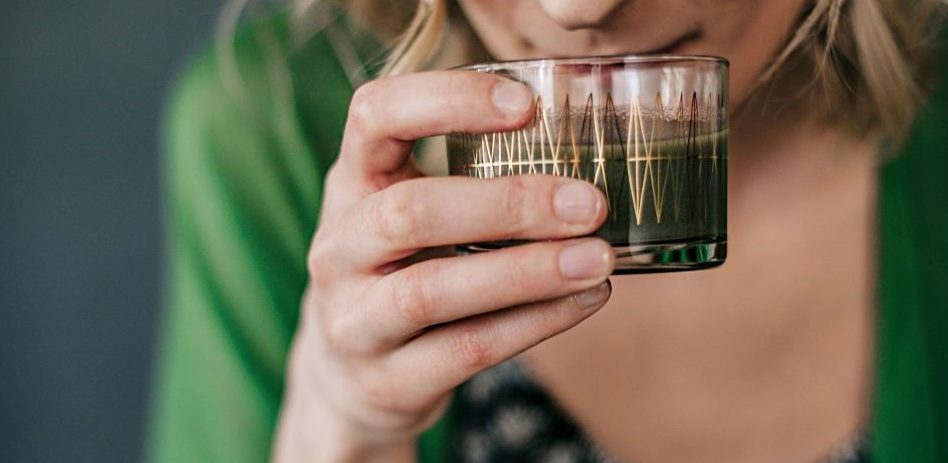
When indicated, detoxification regimen
Detoxes are recommended at least 2 times a year, preferably in spring and fall, but you can do them in any season if you feel the need to do so when fatigue, headaches, lethargy and insomnia occur. Even if you suffer from transit disorders, flatulence, diarrhea or constipation, you should remember to change your diet.
What should I do before starting a detox treatment?
It is recommended, especially if you have never detoxed, to work through your lifestyle based on the activities you are doing and your state of health, to do a series of analyzes and consult a nutritionist for the best detox program for you.
remember!
Detoxification is not a weight loss treatment, it is important to eat a balanced diet with the nutrients your body needs.
If it is not possible to seek the advice of a nutritionist, you can choose a 5-10 day diet based on fruits, vegetables, greens and tea.
Foods Allowed in a Detox
During a detox treatment, it is recommended to:
Eat as many raw fruits and vegetables as possible. It must cover all vitamins and minerals. All fruits are recommended, especially: apricots, berries, honeydew melon, citrus fruits, kiwi, papaya, peaches, mangoes, watermelon and black grapes. You have to be careful with bananas, it is recommended to only eat one a day. All vegetables are recommended as vegetables, but the best for detoxing are: peppers, beets, broccoli, purple cabbage, carrots, cauliflower, cucumbers, squash, spinach, tomatoes. It is recommended to avoid white potatoes and avocados on a detox diet. When cooking vegetables, select Steam.
Sprouts and seeds are also recommended during a detox. You have alfalfa, lentils, and sprouted sunflower seeds at your disposal.
Very lean meat (and not a lot).
- Skim dairy products.
- poached eggs.
- Diuretic tea.
- Honey or brown sugar are recommended as sweeteners.
- Extra virgin olive oil and cold pressed seed oil (for salads).
- Nuts and seeds: A handful of raw, unsalted nuts and seeds per day. You can grate them and add them to fruit salads. You can also eat almonds, pecans, Brazil nuts, hazelnuts, sunflower seeds, flaxseeds, and sesame seeds.
What alcohol is allowed?
Juice: fresh juice is recommended, diluted with an equal amount of water (juice is recommended for detoxification).
Herbal teas: You can choose from all except mint tea which is not recommended.
Dandelion Tea: Drink it instead of coffee during detoxification.
Water: Hydration is very important when detoxifying. Drink at least 2 liters of water every day, which can prevent dehydration and help to eliminate toxins quickly.
Detox taboo food
Foods that are difficult to digest and irritate the intestines should be avoided. During the detox program it is prohibited to:
- commercial juices (light or light);
- Alcohol;
- processed products;
- pastries and confectionery;
- Gluten-containing grains: barley, oats, rye, wheat;
- fast food products;
- nicotine;
- caffeine;
- French fries;
- smokes;
- Sauce;
- margarine;
- butter;
- salt (to taste);
- Avoid eating dried fruit;
- Chocolate, coffee, mint tea.
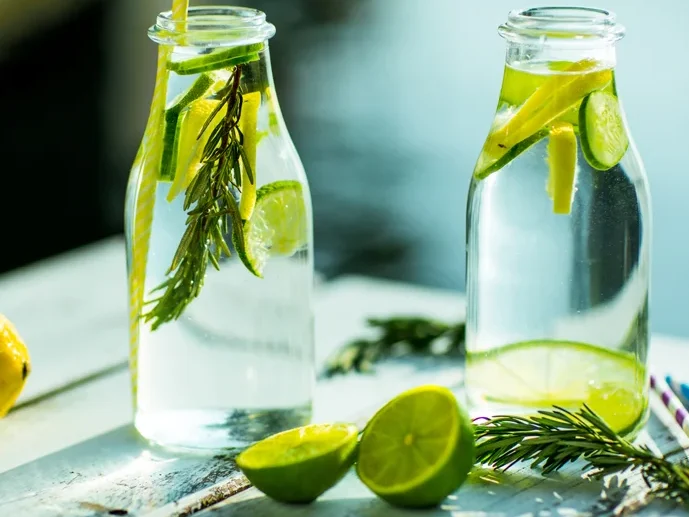
Tips to Consider During a Detox Treatment
During a detox treatment, there are many things you can consider, but not limited to:
- Hydrate yourself: It’s best to drink a glass of water when you wake up (to speed up your metabolism throughout the day) and before bed (to eliminate toxins during the night).
- Eat lemons: If you can’t eat the fruit itself, squeeze the juice of a lemon into water. Lemon juice burns fat. You can drink a glass of unsweetened lemonade before eating. But be careful not to use too much lemon as it can have a bad effect on the gut.
- Eat fish instead of beef, pork or chicken.
- Eat green vegetables (lettuce, green onions, green beans).
- Eat apples: Detox Belt recommends eating apples. They can be eaten anytime and anywhere. It helps metabolism eliminate and burn calories and toxins. During the first few days of detox treatment, a mono-diet is recommended (eating only one type of food during this time, such as apples or grapes). It is recommended to professionally accompany the first single diet.
- A healthy diet must be complemented by physical activity.
- Replace white bread, rice and pasta with whole grains. The difference is stark, refined carbohydrates are converted to sugar as soon as they enter the body, while whole grains are digested gradually, keeping you feeling full for hours.
- Don’t eat when you’re not hungry: This means it’s not advisable to eat when you’re nervous, bored, or need to nibble. Instead, implementing a meal plan with fixed times is recommended.
- Never eat foods you know are unhealthy: candy, processed foods, fast food, sauces, acidic juices.
- Exercise in the morning: If you exercise in the morning, you will not only boost your metabolism, but you will also be less likely to eat unhealthy foods during the day. Morning physical activity can keep blood sugar levels in balance.
- Prefer takeaway food: it helps you not deviate from the adopted menu.
It is important to remember!
The information in this article is not a substitute for expert medical advice. Medical advice, if any, is provided for informational purposes only. Conclusions and references may vary from patient to patient, depending on each individual’s lifestyle, medical condition, and other factors. It is for this reason that this information should not replace an accepted diagnosis. If you have any health concerns, please do not hesitate to seek medical advice and advice.

